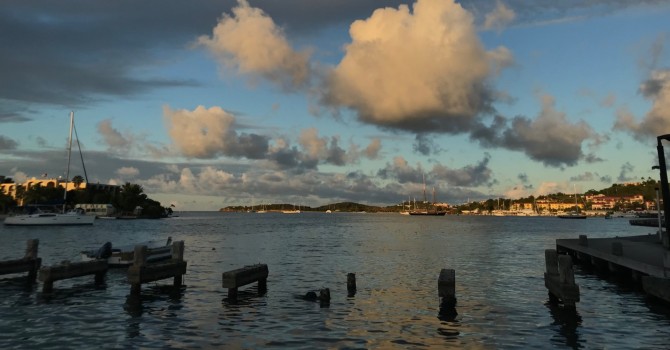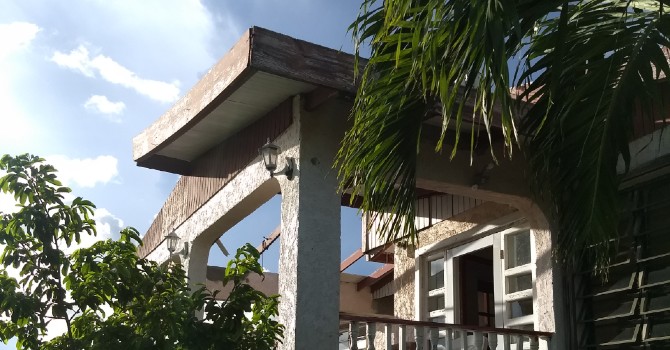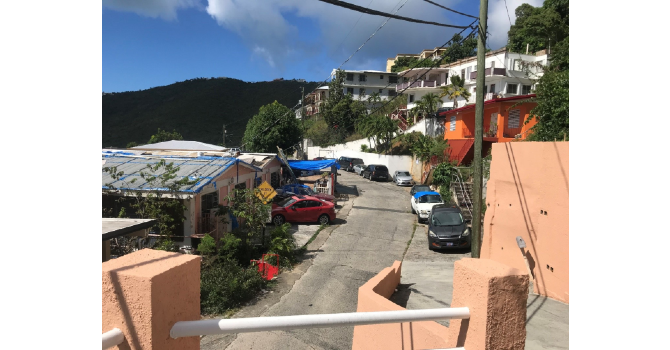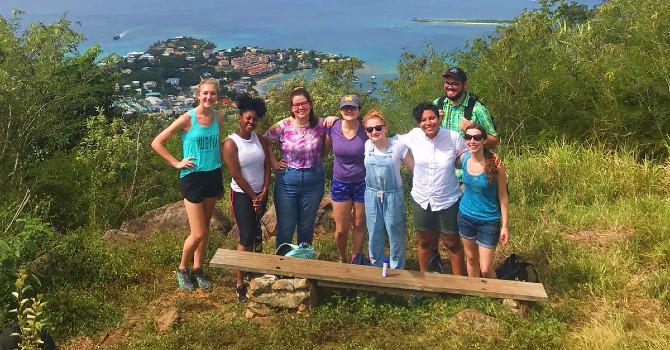The Importance of Community
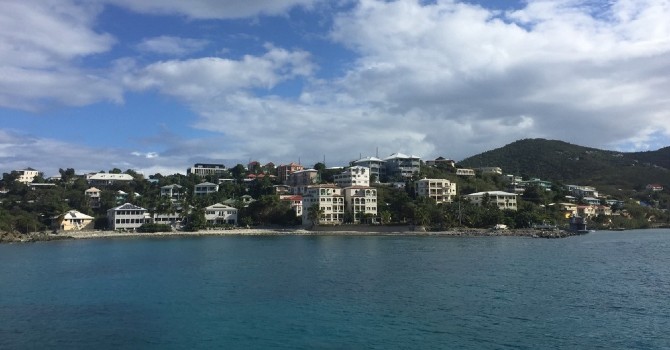
Abi Collingwood, Epidemiology Student
April 26, 2020, Community Partnership, Practice
Note: There was a temporary pause in the publishing of our blog posts as our team returned in early March to the rapidly changing nature of the Coronavirus in Michigan. We now wish to share the thoughts of students on their experiences just before the COVID-19 outbreak.
On the second day on St. Thomas, I was partnered with Hannah, an epidemiologist at the Health Department that lives on the island. Hannah had a great knack for establishing rapport with the participants. A participant showed us his collection of canned goods, and Hannah exclaimed “you’ve got your own Purdue Extra in here!” Another participant was complaining about the trash down the street, and Hannah launches into a conversation with him about how inefficient public works is on the island. When we ask a participant about recreational activities, the participant and Hannah start swapping beach recommendations. We’re talking about health communication with a participant, and Hannah mentions all the stations the department does interviews on for the participant to write down. Working alongside Hannah reaffirmed one of my values in public health – the importance of community and the fulfillment and value that comes from serving where you are from.
This USVI experience demonstrated to me the importance of culture in public health work. In my epidemiology classes at Michigan, I have learned a lot of theory. I have learned about survey design, sampling, and study design. Being in the field on the islands this past week highlighted to me how cultural differences need to be taken into account when conducting a study. I saw how different communities on the island interpreted the questionnaire differently, and how some questions were just not applicable to some populations. It was hard to accept that some populations, like those that spoke Creole or working professionals would be underrepresented in the sample due to our team’s restraints. The benefit of CASPER being quick and readily deployable is also one of its weaknesses – it is not adaptable to all populations it is trying to assess. Being cognizant of how culture will affect my work is something I want to carry forward in the future.
Through working with locals from the Virgin Islands Health Department, such as Hannah, I learned how valuable serving in your community can be. Not only were the locals able to establish rapport with the participants, allowing the participants to feel more comfortable to be honest with us, they were also able to tailor the survey slightly so that it would be more applicable and accessible to the participant. There also appeared to be an unspoken comradery between the health department officials and the residents, a shared experience through life on the islands. Moving forward, I am excited to develop this relationship with my community as I serve them in a public health role.

